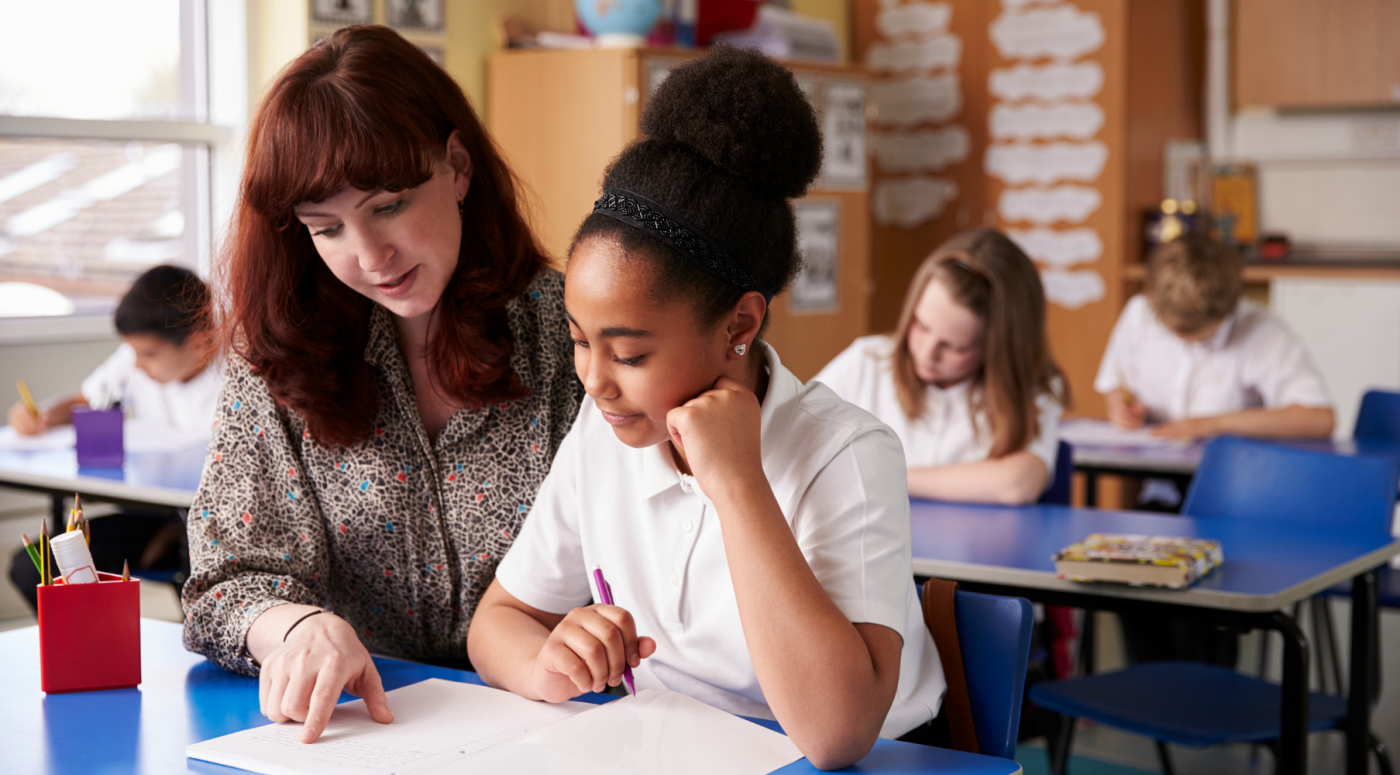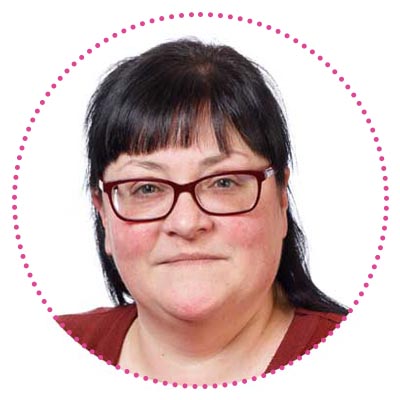News
Opportunity for secondary schools to be involved in a new research project on FGM and language
New Research project on FGM and language – how the way in which we communicate about safeguarding issues and the choices we make when doing so affect the understanding and buy-in of the entire school community
There are many specific safeguarding issues that we need to ensure our staff body receive training on and that we actively teach to young people in the curriculum. National campaigns, reactions to real life cases in the media, political decisions and issues prevalent in our setting can all mean different issues receive our attention at different times. Balancing this isn’t easy and sometimes it can feel almost overwhelming to juggle all competing issues at once in this vast world of safeguarding. Sometimes we all question the value of different initiatives to our work and world.
There is a new research project being conducted by The University of Birmingham in conjunction with BAFGM (Birmingham Against Female Genital Mutilation) which will have a direct impact on improving education settings’ knowledge base and engagement with all stakeholders – staff, students, parents and wider community groups – when discussing the practice of FGM and its implications for women and girls. We need your input to break down barriers and safeguard children against harmful cultural practices!
What will the project aim to discover?
- The specific language used to talk about FGM in educational programmes aimed at key stages 3 and 4 in the Midlands
- The language used to talk about FGM in Government anti-FGM campaigns
- To what extent this language resonates with communities involved in the practice (or not)
Once resource materials have been mapped there will be an in-depth scoping review of the current literature on language and FGM
Longer term there are plans to develop work within settings to talk to other stakeholders and community representatives about the language used when discussing FGM
How does this benefit my setting?
- Understanding the language used by practicing communities in your setting will allow for clearer communication between education staff and communities and reduced use of insensitive language which can form a barrier to effective dialogue
- Students, parents and community representatives will feel their voices are included in discourse around FGM and the risks are lowered that education programmes are voiced and perceived from a “Western” perspective only which can lead to communities feeling “targeted” and alienated by the language used
- Following the research phase a written report will be produced identifying the different ways in which language is used to talk about FGM in educational programmes for Key Stages 3 and 4 and in anti-FGM campaigns
- Schools who have participated will be invited to a stakeholder workshop where findings from the initial research will be analysed
- The ultimate beneficiaries will be those at risk of experiencing FGM in your region
What do I need to do to be involved?
- Nothing very onerous!
- We are asking secondary schools (the project scope is limited to Key Stages 3 and 4 currently) to share teaching materials relating to FGM and its associated cultural practices that are currently being used in educational programmes aimed at key stages 3 and 4 in the Midlands – for example:
- Written materials and lesson plans
- Videos
- PowerPoint Slides
- This could be part of your statutory RSHE content or assembly etc. resources
Who do I send the information to?
- You can send them to me, Jo Perrin, Education Adviser for Safeguarding and RSHE at Services for Education – jo.perrin@servicesforeducation.co.uk .
- I will then send them on to the researchers from the University of Birmingham who are conducting the research – Susan Waigwa and Jeannette Littlemore.


 Lucie Welch – Adviser, Services For Education
Lucie Welch – Adviser, Services For Education Jo Perrin - Adviser, Services For Education
Jo Perrin - Adviser, Services For Education
 Marsha
Marsha 


